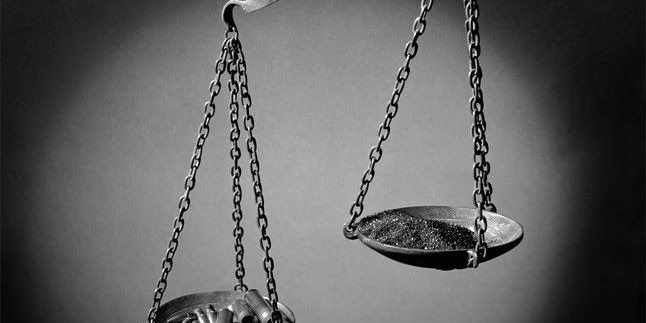Conflict, could resulted serious impact for the civil society. During conflict, there are many potential serious violation of human rights, such as; right to feel safe, right to life, right to free from torture and other fundamental rights. Conflict could also result the damage of legal system and justice. These could be seen from various experiences happened in many places in Indonesia like Papua, Aceh, Timor Leste, Poso and Maulu. As it like what happen in Southern Thailand.
These experiences on handling the conflict, is hopefully can be some lesson learned by the civil society in Southern Thailand. This book on Legal Aid in the Area of Conflict is presented by LBH Jakarta in collaboration with Sasakawa Peace Foundation as a form of documentation of activities provided by offices of Legal Aid Institution supported by Indonesian Legal Aid Foundation at areas of conflicts in Indonesia, in the conflict areas in Indonesia, as the lesson learned for civil society in Southern Thailand.
Through Structural Legal Aid’s analysis and approach, we try to describe to readers that there are other activities, which must be pursued aside from merely providing legal assistance through judicial process. Legal aid activities can be an empowerment of community, strengthening of legal knowledge of the community in question, research, campaign, and other factors that can support the process of conflict resolution.
This book covers five areas of conflict that occurred during the New Order, namely Papua, Aceh, East Timor, Maluku and Poso. All five regions were the areas wherein Legal Aid Foundations took part as one of conflict resolution actors.
With the presence of this book, it is expected to give a broader insight for society regarding the concepts of legal aid and structural legal aid. This book is also addressed to dedicated legal aid activists all over Indonesia, in regional Southeast Asia and international levels, to present the inspiration of structural legal aid works for the creation of peace.
Furthermore, we hope this book could be the reference for civil societies in Southern Thailand especially those dedicated themselves to provide legal aid, in their efforts to upholding human rights and justice, protect victims’ rights, encourage peace and enforce the rule of law.
In the end, the book is also expected to be able to be a memorial of conflict and the structural legal aid that has been achieved in Indonesia. And, further discourse on legal aid in post-conflict era will be the most necessary as the continuity from what discussed in this book.






